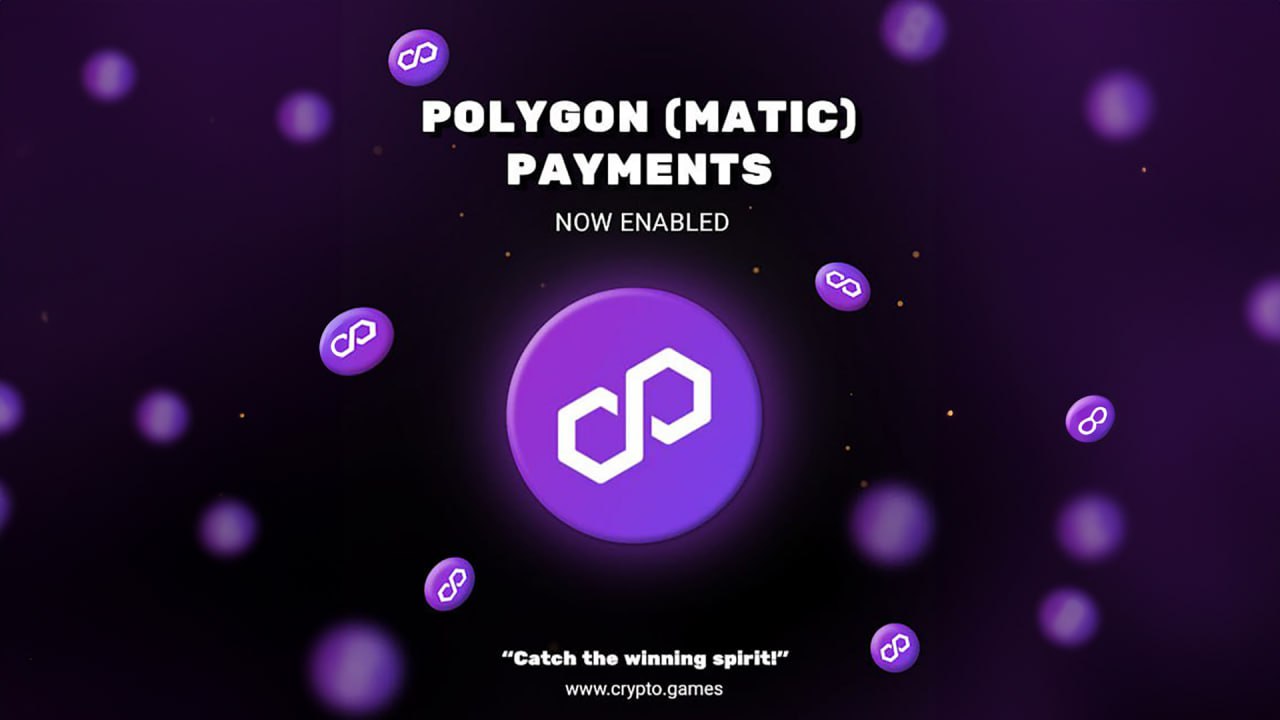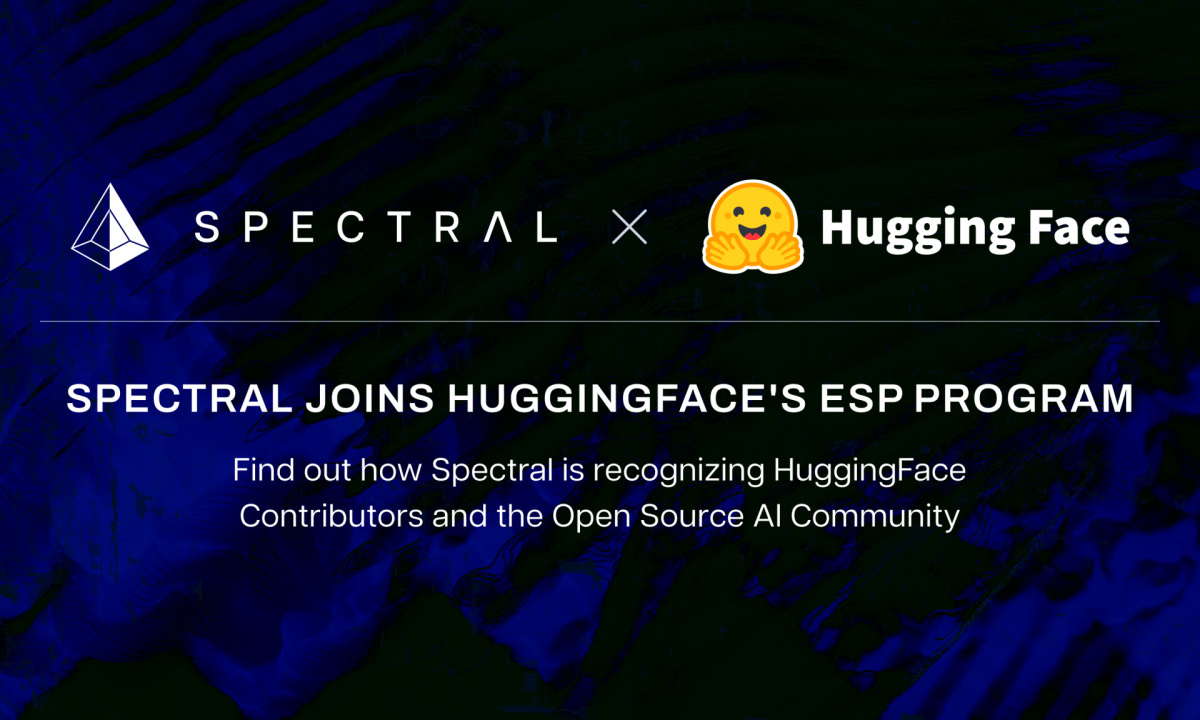Understanding BEP-95 (Bruno Hard Fork Upgrade)
BEP-95, also known as the Binance Evolution Proposal, is a significant upgrade to the Binance Smart Chain (BSC), a decentralized blockchain protocol supported by Binance. This upgrade introduces a real-time burning mechanism for the BSC network. On October 22, the developers of BSC announced the implementation of the new BEP-95 protocol, which involves the real-time burning of coins. The primary objective of this concept is to enhance the value of tokens over time, benefiting both validators and holders.
BSC, the second most popular crypto network after Ethereum, has adopted a strategy to inflate the price of its native token. The inclusion of this mechanism aims to make the tokenomics of BNB, the native token of BSC, even more dynamic.
BEP-95 shares similarities with Ethereum’s EIP-1559 protocol, which was implemented in August. Similar to the London Hard Fork, the Bruno update aims to gradually reduce the circulating supply of BNB over time.
Binance aims to enhance the decentralization of the network, which currently stands at over 60%, by expediting the synchronization process of full nodes. Additionally, the burning process for BNB is expected to lead to significant price gains for the coin.
Gas Fee Distribution in BEP-95
BNB is a deflationary token, meaning that it does not have a mining algorithm to generate new tokens as rewards for validators. Furthermore, Binance’s planned burns will continue to decrease the supply of BNB.
BNB serves as the native token of the world’s largest cryptocurrency exchange and has various applications. Holding BNB benefits both delegators and validators.
In the BEP-95 protocol, the gas cost from each block is collected and distributed between two system smart contracts: the System Reward Contract and the ValidatorSet Contract.
The new protocol offers the following benefits to the network:
- The BEP-95 burn process relies entirely on the operation of the Binance Smart Chain network. It will continue to reduce the supply of BNB even after the scheduled burning events reach the target supply of 100 million tokens.
- It will expedite the token burning process.
- By burning a portion of the gas costs, the BEP-95 protocol will contribute to the decentralization of BSC.
- It will result in an increase in the value of BNB.











